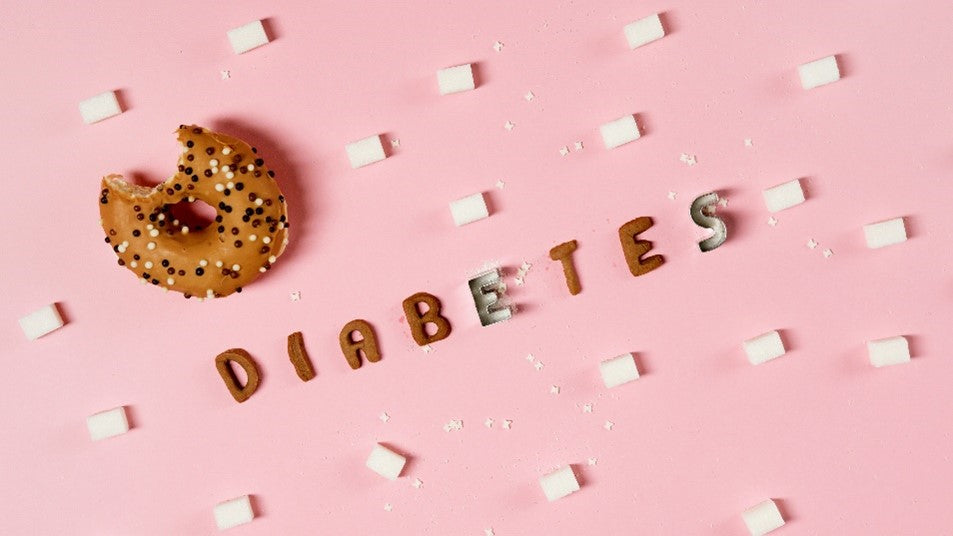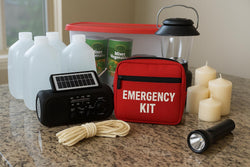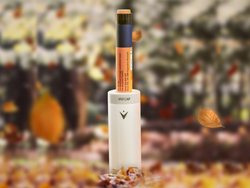Tempramed Blog
How do I Sweeten my Life; so many options….

Besides sugar, there are many ways to sweeten your foods that can have less of an effect on blood sugars. Certainly people with diabetes can have sugar sweetened foods when incorporated into a healthy diet plan; but other available sweeteners can be helpful to help keep calories and blood sugars in control. Let’s break it down. There are two categories of sweeteners available other than sugar; nutritive (have some impact on blood sugars and contain calories) and non-nutritive or artificial sweeteners (generally do not affect blood sugars).
Nutritive sweeteners include:
- Agave Nectar: Made from the agave plant. One teaspoonful has 21 calories and about 5 gm of carbohydrate.
- Honey: Honey has about 21 calories per teaspoonful and about 6 gm or carbs. Honey lasts a long time because it works as a preservative.
- Coconut sugar: This sugar is made from the sap of the coconut tree. It contains 70 percent table sugar and some fiber as well. One teaspoonful has 15 calories and 5gms carbohydrate.
- Sugar Alcohols: Sugar alcohols include mannitol, xylitol, maltitol, and erythritol are used in many sugar free products, especially candies and chewing gum. They add some calories, but not a lot. They do have a the side effect of causing stomach issues such as bloating and diarrhea when consumed in excess especially.
Non-nutritive Sweeteners:
- Stevia: Stevia comes from a small bushy shrub found in Brazil. The good thing about stevia is that it won’t break down in heat and can be used in cooking. One cup of stevia clear liquid is equal to 1 cup of sugar. Stevia is about 30 times sweeter than sugar.
- Aspartame: Aspartame first came onto the scene receiving initial FDA approval in 1981, branded under the Nutrasweet (R) label. It has been studied extensively for safety (1). Any sweetener should be consumed in moderation.
- Saccharin: This compound was first discovered in 1878; and up until 1981 was the only artificial sweetener available. The FDA found it safe to use in moderation.(2)
- Splenda(R) or sucralose: Splenda is made from sugar, is 600 times sweeter than sugar, but should not affect blood sugar levels to a large degree. It has a good safety profile and can be used in cooking.
Hopefully this will help you to make informed choices in sweeteners. Recent studies have show that there is the possibility that artificial and non-nutritive sweeteners can contribute to weight gain. (3)(4)
Stay with all things in moderation!
Don’t forget that at TempraMed we are here to protect you and your insulin and to keep you safe.
1. Calorie Control Council: Leading scientists around the world confirm safety of aspartame [article online]. Available fromhttp://www.caloriecontrol.org/pressrelease/leading-scientists-around-the-world-confirm-safety-of-aspartame. Accessed 25 April 2018
2. National Cancer Institute: Artificial sweeteners and cancer [article online]. Available from http://www.cancer.gov/cancertopics/factsheet/Risk/artificial-sweeteners. Accessed 27 April 2018
3. https://www.nature.com/news/sugar-substitutes-linked-to-obesity-1.15938
4. Experimental Biology 2018. “The Influence of Sugar and Artificial Sweeteners on Vascular Health during the Onset and Progression of Diabetes,” Accessed April 24, 2018. https://plan.core-apps.com/eb2018/abstract/382e0c7eb95d6e76976fbc663612d58a




